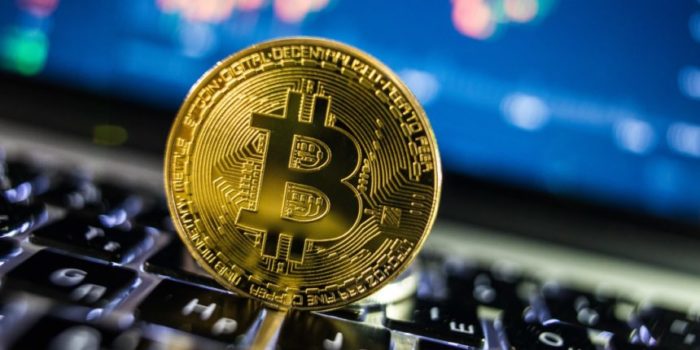
Bitcoin is primarily a computer-generated file preserved in a digital wallet app on the smartphone or computer. People can transfer Bitcoins to the digital wallet, and he can allocation Bitcoins to other people. Every single transaction is chronicled in a public list known as the blockchain. Bitcoin is a digital currency introduced in 2009 by an anonymous figure using the code-name Satoshi Nakamoto. It can be used to purchase or trade items from people and companies that accept this form of cryptocurrency of bitcoin as payment. Still, it varies in numerous critical ways from conventional currencies.
How Bitcoin transactions take place?
Several marketplaces called bitcoin exchanges, allow individuals to trade bitcoins using various global currencies. Though each bitcoin transaction is recorded in a public account book, identities and a confidential afternoon of purchasers and traders are never revealed. They are recognized through their Wallet IDs, codes, or false names. That is why Bitcoin is a preferred form of trading. But this feature has a drawback too. As the identities are not revealed, some people execute illegal professions like selling banned drugs through the Bitcoin exchange. One can encash the accumulated Bitcoins and transfer the amount to the account for the withdrawal of Bitcoins. The cash can only be transferred to the account through which the crypto was purchased originally. If someone hasn’t done this, it is suggested that the user should procure a trivial amount of cryptocurrency primarily and initiate the functions of the account. To know more about bitcoin trading visit schweizer-kochrezepte.ch
A crucial element of bitcoin is its dispersed position, meaning that it is not regulated or regulated by any chief authority. This proximately differentiates it from fiat currencies. Bitcoin payments are administered through a remote grid of computers linked through a shared ledger. Every transaction is instantaneously noted in a blockchain on each network that informs and apprises all accounts. The blockchain caters as a disseminated ledger and nullifies the requirement for any central authority to regulate such archives.
Bitcoins are not dispensed by a central bank or government organization like fiat currencies. Instead, bitcoins are either mined by a processer or acquired with standard national money currencies and placed into a bitcoin wallet that is retrieved most commonly via a computer or a smartphone.
Perks of Using Bitcoins
Bitcoins provide potential paybacks to their users. The chief plus of bitcoin for many users, and indeed one of the vital doctrines of cryptocurrencies more usually, is sovereignty. Digital currencies empower users more autonomy over their self-money than fiat currencies do, at least in concept. Users can regulate how they disburse their money without trading with an intermediate expert like a government or a bank.
Bitcoin purchases are separate. Unless a user willingly distributes his Bitcoin dealings, his purchases are never connected with his distinctiveness, much like cash-only procurements, and cannot easily be traced back to him. The unidentified bitcoin address that you produce for user purchases changes with each contract. It doesn’t mean that bitcoin transactions are unnamed or wholly untraceable, but they are much less voluntarily linked to the personal character than some conventional forms of payment. The bitcoin payment system is morally peer-to-peer, meaning that users can send and receive payments to or from anybody on the network around the world without necessitating endorsement from any external firm or consultant. Regular wire transfers and overseas purchases characteristically include fees and exchange prices. Since bitcoin transactions have no midway agents or government connection, the charges of transacting are kept bare minimum. This can be a significant benefit for travelers.
Furthermore, any transfer in bitcoins occurs speedily, eradicating the awkwardness of typical approval necessities and interval periods. While it is well-thought-out standard among cryptocurrency interactions to charge so-called brokerage and sporadic deposit and extraction fees, bitcoin users are not subject to the petitions of traditional banking charges linked with fiat currencies. It means no account care or minutest balance fees, no overdraft fees, and no returned deposit dues, among many others.
Like many online forms of payment, bitcoin users can pay for their coins wherever they have an internet connection. It means that procurers never have to go to a bank or a store to purchase a product.






